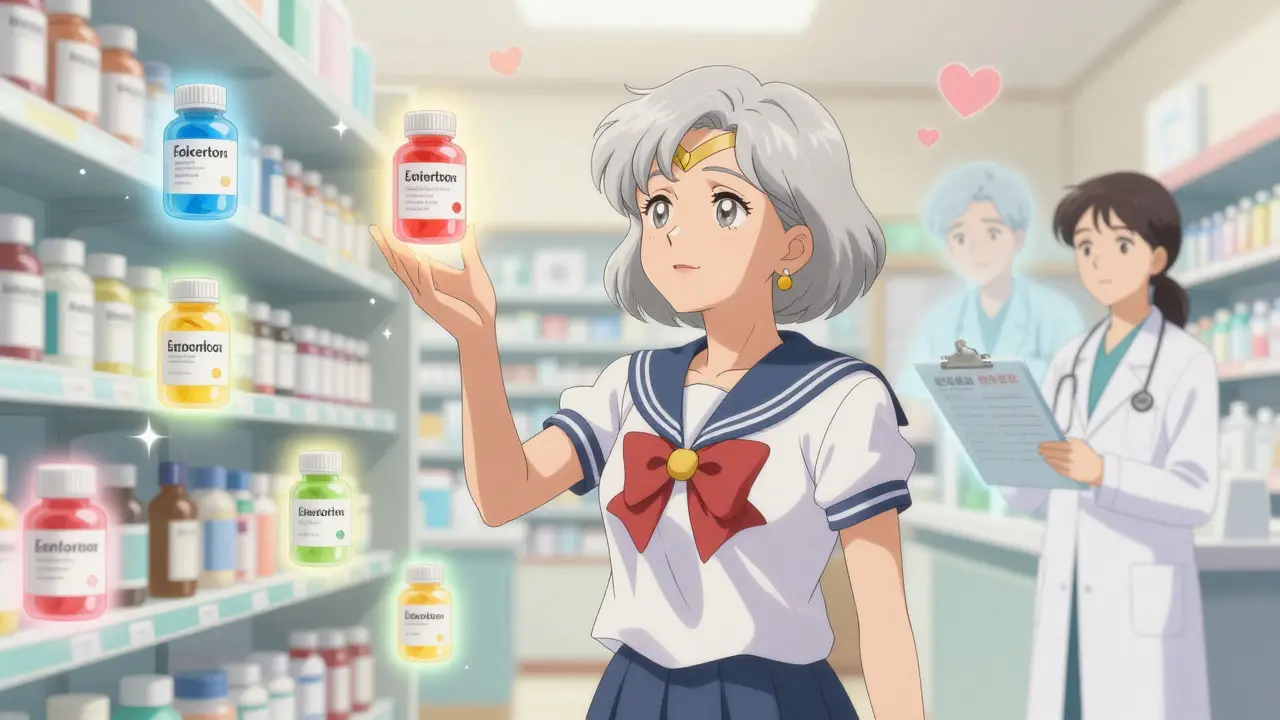Health & Medicine
When exploring Health & Medicine, the broad field that studies human health, disease prevention, diagnosis, and therapeutic interventions, also known as Healthcare, you step into a world that connects biology, patient care, and public policy. Health & Medicine encompasses disease history, symptom tracking, and treatment strategies. It requires knowledge of pathogens, lifestyle factors, and medical technologies. Understanding how these pieces fit together helps you grasp why a disease outbreak matters, how a medication works, or what lifestyle change can lower risk.
Key Topics You’ll Meet
One of the most common complaints we all face is headache, pain arising from vascular, muscular, or neurological triggers that can signal tension, migraine, cluster, or sinus issues. Recognizing the type guides effective relief. Another pivotal subject is syphilis, a sexually transmitted infection caused by the bacterium Treponema pallidum, known for its historic impact and modern penicillin treatment. Its history teaches us about public‑health responses and the importance of early diagnosis. smoking, the inhalation of tobacco smoke that introduces harmful chemicals into the body, raising risks for cancers, cardiovascular disease, and vision problems, directly influences eye health and overall disease burden. Finally, organ transplantation, the surgical transfer of a healthy organ to a recipient, brings challenges like organ rejection that shape long‑term patient care. These entities intersect: smoking can worsen transplant outcomes, while headaches may signal medication side effects in transplant patients.
Below you’ll find a curated collection of easy‑to‑read guides covering everything from the timeline of syphilis outbreaks to practical tips for managing Prasugrel‑induced heartburn, from blood clotting test basics to how smoking harms your vision. Each article breaks down complex science into plain language, offers actionable steps, and highlights what to discuss with your healthcare provider. Dive in to boost your knowledge, spot warning signs early, and make informed health decisions.











